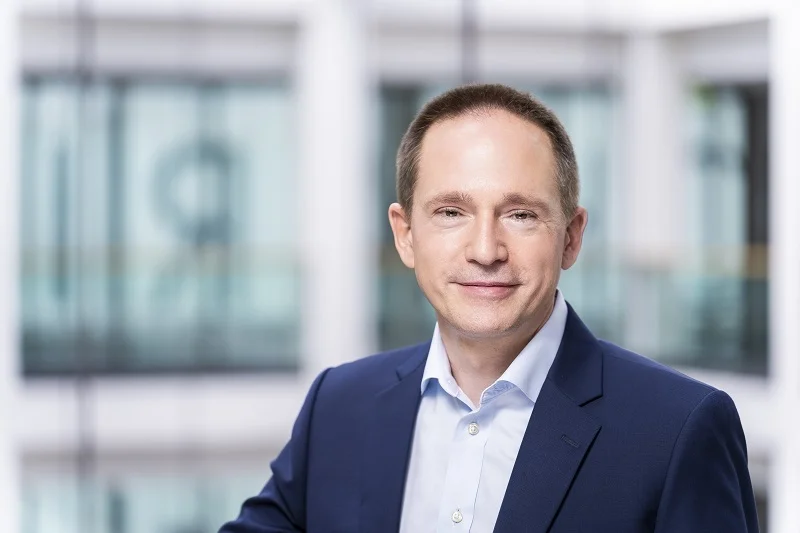Interview with Carsten Schicker on Strategic Developments of the World Health Summit

Discover Carsten Schicker's leadership as Managing Director at the World Health Summit. Reflecting on his first 100 days, he provides insights into his initial impressions, the agenda of the upcoming WHS and strategic considerations for the future.